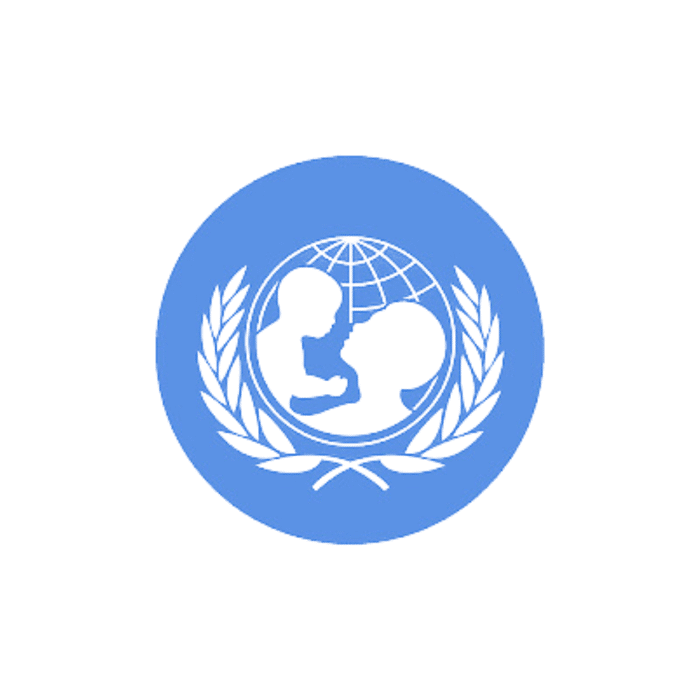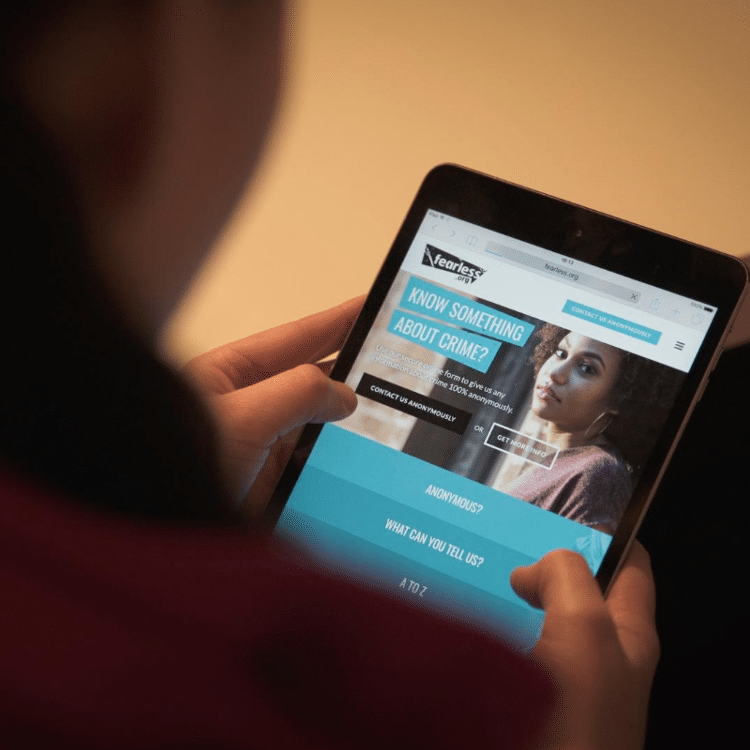Scotland drugs
Drugs
In 2022, it’s estimated that 1,051 people died due to drug misuse in Scotland.
That’s one thousand and fifty one mums, dads, brothers, sisters, friends.
But that number doesn't highlight the scale of all those whose lives are affected by drugs – those bereaved, those whose lives are currently overwhelmed by substance use and those being exploited. That number would be much, much higher.
Often young people and adults going through difficult times can be exploited by serious organised crime gangs. They do this to make money and avoid being caught, leaving someone else to get into trouble or develop drug addictions.
These gangs don’t care who gets hurt. But we know you do.
If you know or suspect who is importing, manufacturing, selling drugs or criminally exploiting people, you can speak up to our charity 100% anonymously ALWAYS.
We can’t track your IP address or any contact details.
It’s not grassing – it’s life-saving.
Fearless Conversations
Peer Mentors from the VOW Project and Positive Outcomes Project came together to share their lived experiences of recovery and how they help people through drug addiction in Scotland.
Podcast 1 – Donald and Pat “That’s the beauty of recovery"
Podcast 2 – Eddie and Kev “Have a wee bit more love for yourself”
Learn more
The DSM Foundation is a drugs and alcohol education charity that aims to support young people to make safe choices about drugs and alcohol and reduce harm. It was set up by Fiona and Tim, following the death of their 16 year old son Daniel Spargo-Mabbs.
Drugs - specific effects and risks » Daniel Spargo-Mabbs Foundation (dsmfoundation.org.uk)
'County lines' is a term used when serious organised crime gangs in major cities establish networks for the supply and sale of drugs to other towns and rural areas, using other people (often young people or vulnerable adults) to carry, store and sell the drugs. They often do this through grooming, intimidation and violence.
Are you worried that a friend or someone you know may be being exploited through County Lines activity? Then below are some of the signs to spot:
- Returning home late, staying out all night or going missing for days or weeks at a time.
- Being found in areas away from home, particularly areas you would not expect them to travel to alone.
- Increasing drug use, or having a large amount of drugs on them when they do not use drugs themselves.
- Suddenly being secretive about who they are talking to or where they are going.
- Unexplained absences from school, work, college or training.
- Having large amounts of money on them, or having lots of new stuff such as clothes, jewellery or phones they usually wouldn’t be able to afford.
- A change in behaviour – more disruptive, aggressive, anxious.
- Using drug-related or adult language you would not expect that young person to know.
- Having injuries that cannot be explained.
- In possession of hotel keys or keys to unknown places.
Childline provide great advice about how to talk to friends: Drugs | Childline You can also call them to talk things through confidentially.
If you’re worried about your own substance use, it’s really important that you get help.
You could speak to a trust adult – someone who looks after you, a teacher, youth worker or GP. You could also contact Childline Get Support | Childline
What to do in a health emergency linked to drugs and alcohol: Advice from Scottish Ambulance Service
Take it seriously
If something doesn’t seem right or someone starts to feel unwell, don’t ignore it. Act quickly.
Ring 999
Give as much information as you can about your location (use What3Words app) and the symptoms that you can see - look at their breathing, temperature etc.
Use first aid skills
The 999 call-handler can talk you through anything you need to do while keeping yourself safe.
Stay with them
Always stay with someone who is unwell or distressed.
Tell Scottish Ambulance Service anything they might have taken.
Be as honest as possible if someone has been drinking alcohol or taking other drugs. Let them know what, how much and when.
TRUST Scottish Ambulance Service - they're here to help.

UN Convention on the Rights of the Child (UNCRC)
As a young person your rights are listed in a document called the UN Convention on The Rights of the Child, or UNCRC. The UNCRC is now enshrined in Scots Law.
UNCRC Article 33: I should be protected from taking, making, carrying or selling harmful drugs
Article 39 says that children and young people who have experienced neglect, abuse, exploitation, torture or who are victims of war must receive special support to help them recover their health, dignity, self-respect and social life.
UNCRC Article 39 :I have the right to recover from difficult things that happen to me.

Anonymity
Fearless is a service that allows you to pass on information about crime 100% anonymously. Anonymous means your identity is completely unknown.

Give information anonymously
Report a crime 100% anonymously by completing our online form or calling 0800 555 111

Youth support services
Access a selection of youth organisations who can offer further information, advice and support for whatever you're dealing with.
